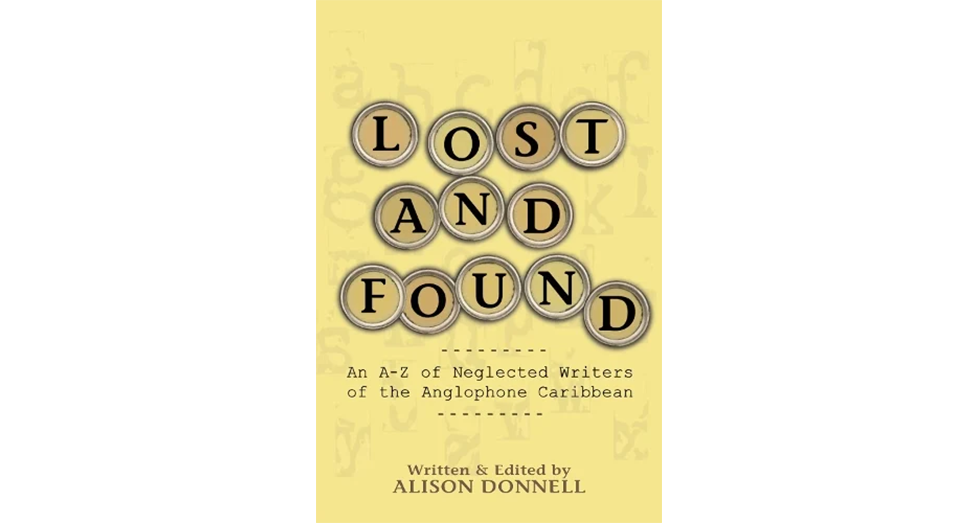A Review of Lost and Found: An A–Z of Neglected Writers of the Anglophone Caribbean
Lost and Found: An A–Z of Neglected Writers of the Anglophone Caribbean, written and edited by Alison Donnell, is a fascinating and necessary book. Ostensibly a reclamation project, it sheds light on the lives and work of twenty-six Caribbean writers — many of whom have been forgotten or overlooked, their names fading into obscurity. But more than just a catalogue of literary neglect, Lost and Found serves as an education in the forces — both cultural and institutional — that determine which writers are remembered and which are not.
Someone once remarked that the most essential trait of a great political leader is a sense of destiny — that belief that their work should outlast their time. The same could be said of writers. Beyond writing for the present, they write for the future; their hope, or conviction, often underpins their creative impulse — that their words will endure beyond their death. Writers like Shakespeare and Whitman come to mind: figures whose reputations have not only survived but grown with time. Their works continue to feel urgent, timely, and resonant centuries after their passing.

The writers featured in Lost and Found may not have achieved such global renown, but their contributions to Caribbean literature are no less vital. Figures such as the Guyanese writer Edwina Melville, Dominican novelist Elma Napier, and Jamaican poet and critic Gloria Escoffery belong in this category — regional voices whose work, though largely unrecognised outside the Caribbean, forms an important part of its literary heritage.
Then there are those whose neglect seems harder to explain — writers like O. R. Dathorne, Eric Walrond, Peter Kempadoo, and Zee Edgell. These are authors who wrote with clarity, imagination, and purpose, many of them published by major international houses. And yet, despite critical recognition at various points, their work has not achieved lasting traction in either academic or popular literary canons. A lack of consensus remains as to why certain writers fail to transcend their time or geography.
In the case of many of the women profiled in this collection, domestic responsibilities appear to be a recurring reason for their literary obscurity. The demands of childbirth, childrearing, and family life often interrupted or curtailed their creative output. Political involvement, too, could overshadow a literary career — as it did for Elma Napier of Dominica, whose public service played a major role in how she was remembered, or not remembered.
Lost and Found offers both a scholarly and accessible survey of these writers’ lives and works. The biographical sketches, while brief, are often the most comprehensive records we have of these individuals. Donnell’s project is an invaluable one: it not only revives lost voices, but it also invites readers and scholars alike to reconsider the mechanisms of literary remembrance — and forgetfulness.



.jpg)








